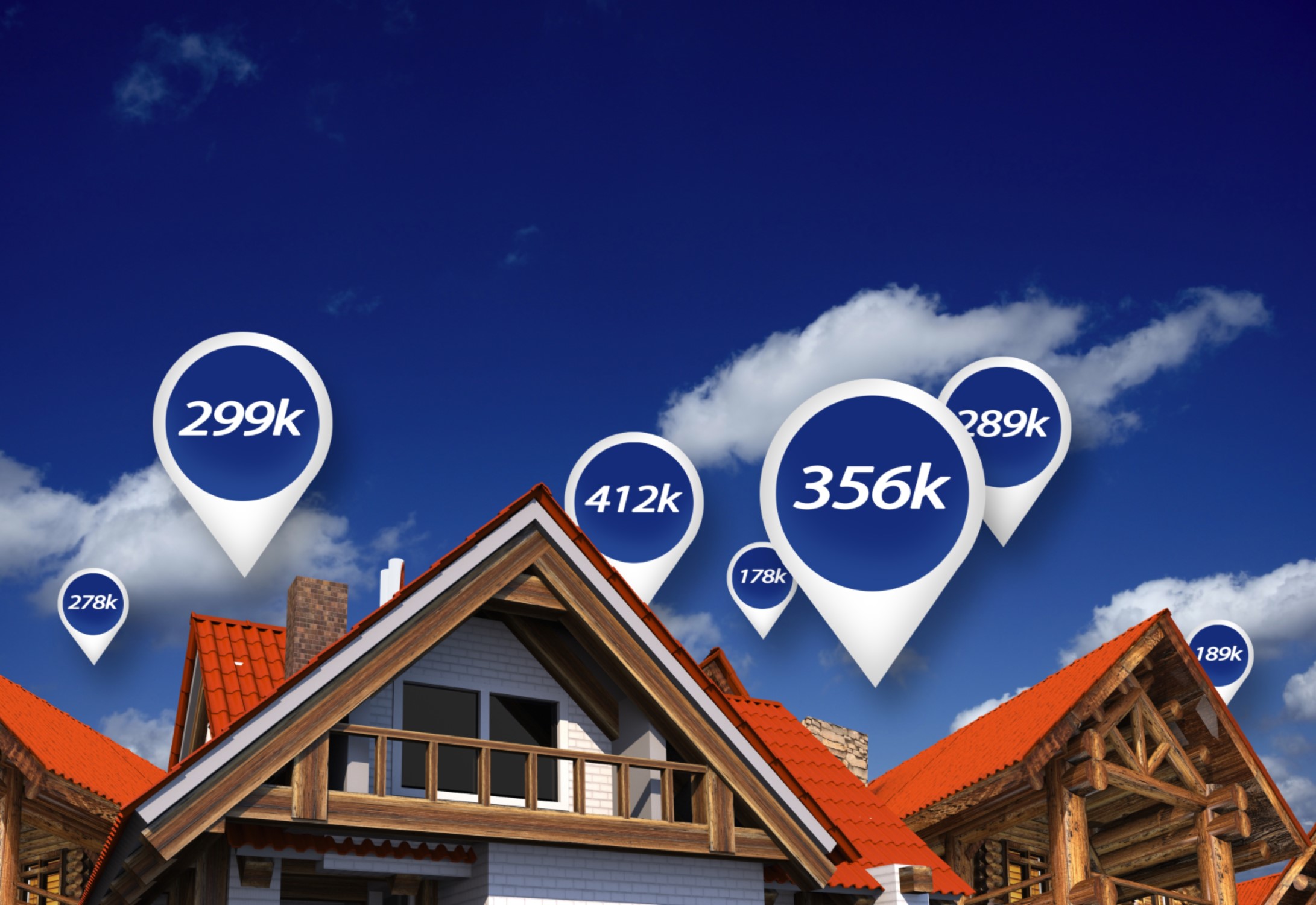To help answer that question it’s valuable to look at the reasons that caused the last one.
There were three main drivers of the bubble that burst in 2008:
- Easy Credit – loans were very easy to attain
- Over-Leverage – people were using their homes at ATM’s
- Over-Supply – too many new homes were being built
Now, let’s compare that to today:
- Stricter Credit – the average home buyer today has a FICO score of 755
- High Equity – collectively, U.S. homeowners have $19 Trillion of equity in their homes and collective mortgage debt has not increased for 13 years
- Under-Supply – today we are building only two-thirds of the new homes being built in 2004 yet the population is much higher
Given this healthy information, we don’t see another housing bubble forming right now.
If you would like to see a video recap of our annual Market Forecast you can watch that HERE.
 Facebook
Facebook
 Twitter
Twitter
 Pinterest
Pinterest
 Copy Link
Copy Link






